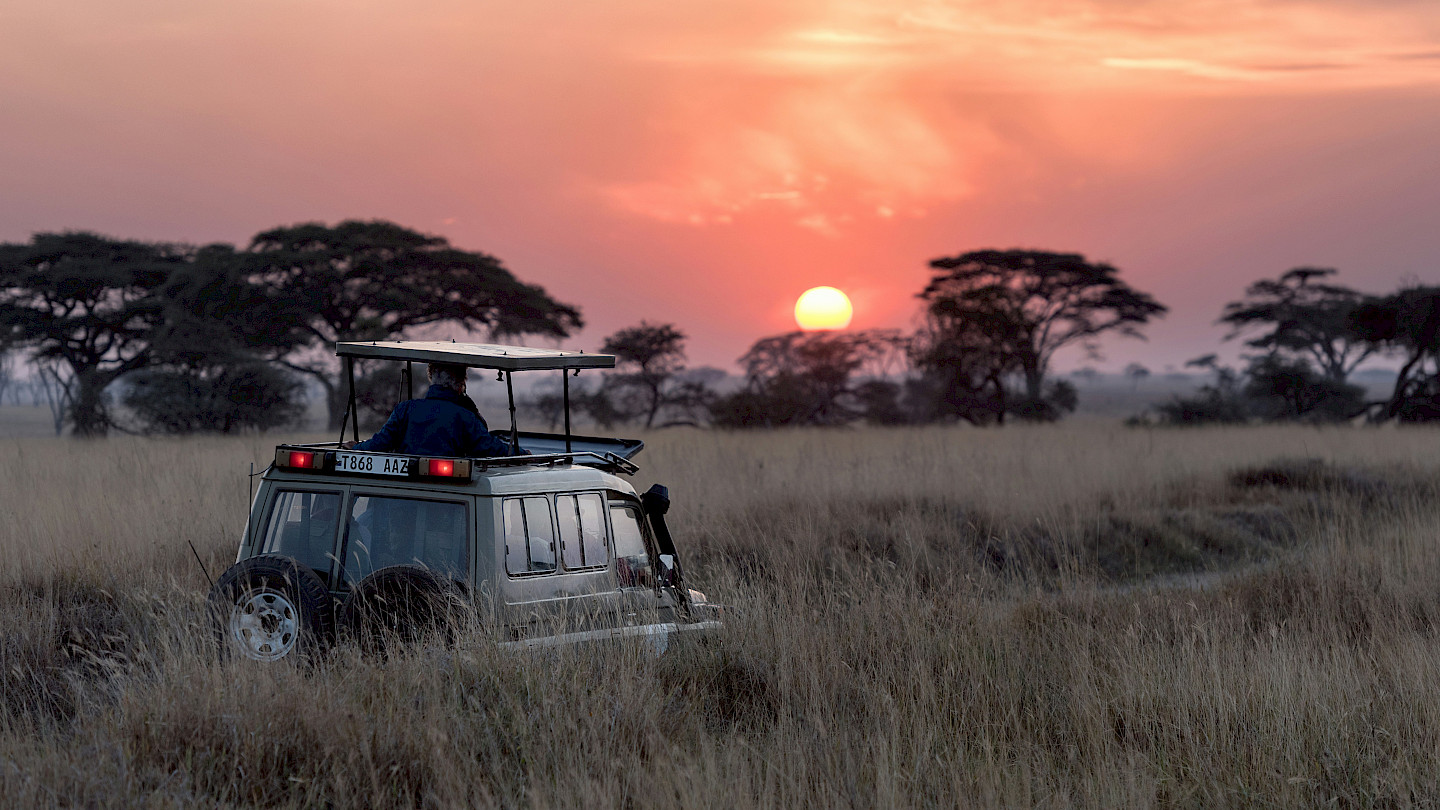
A continuous dialogue: Indigenous researcher’s experiences of working in Western academia

Acknowledging different perspectives, knowledge systems, and experiences is essential for finding sustainable and responsible solutions to contemporary issues and therefore one of UniPID’s missions. But while Western academia has started to recognize the need for more diverse research, the process is long and poses many challenges to scholars from outside the mainstream education system. This article sheds light on the experiences of Indigenous researchers based on current literature.
The experiences of indigenous researchers who work in Western academia are diverse and highly dependent on the context. This article discusses the experiences of individual researchers without trying to essentialize their experiences. Instead, it aims to inspire conversations about knowledge systems and research practices within projects, working groups, or study programs. How to navigate different worlds in a professional context and what role positionality plays is a question relevant for all researchers, no matter whether indigenous or not.
Navigating complex identities
Many Indigenous scholars who work in Western institutions find themselves in an ambiguous situation. On the one hand, they hold traditional values, principles, and world views and their own experiences of discrimination often shape their view on mainstream education systems. At the same time, they work within a Western framework and represent Western research institutions. (Houston, 2018; Stewart, 2009) As Suzanne Stewart, a psychology scholar from the Yellowknife Dene First Nation, describes:
“There is a constant feeling within me that I must prove not only my research, but myself as an Indigenous person, to the community with whom I am working. […] In a university environment I also feel that I must prove not only my research but myself as Indigenous person with a legitimate identity as such” (Stewart, 2009, p. 62)
Many indigenous people’s identities are fragmented due to colonial oppression and disconnection from their native cultures. Others have both indigenous and non-indigenous heritage and don’t feel as if they fully belong to either of the worlds. This confrontation with their own identity is highly personal and can be hurtful. The more difficult it is to do so in a professional setting – especially if colleagues question one’s positionality and self-definition. (Houston, 2007; Kovach et al., 2013) Carmen Leigh Gillie, a Me´tis scholar with Chinese heritage, states:
“For me, there is no correct answer to the question, ‘‘Am I insider, outsider, or both?’’ Rather, a more appropriate question is, ‘‘Am I open to learning about and honouring Indigenous knowledges in respectful ways?’’” (Leigh Gillie in Kovach et al., 2013, p. 504).
Conflicting roles and expectations
One traditional quality claim of Western academia is neutrality. Researchers should not have an opinion on the issues they study nor show sympathy or support for their research participants. While both the usefulness and feasibility of this approach are increasingly questioned, scholars who are educated in mainstream systems often still find themselves in conflicting situations. Ranjan Datta, an Indigenous antiracist & decolonial researcher, describes:
“Many times, I thought, ‘Am I going to lose my neutrality as a researcher if I respond to my participants’ feelings?’ [At the same time] […] I felt that if I only followed the academic guidelines in my research, it would not be respectful of my participants’ culture.” (Datta, 2018, p. 6)
Contrary to Western academia, Indigenous ways of knowing are often closely tied to the context. They focus on experiences and observations from individuals without expecting them to be representative of a whole community. At the same time, not every researcher is equally equipped to conduct a specific project. The researcher is seen as a key actor instead of a passive observer with their own positionality and identity. Interpreting data in a meaningful way might require cultural, linguistic, and local knowledge. Furthermore, human interactions and relationships are seen as the basis for relevant research findings. (Datta, 2018; Houston, 2007; Kovach et al., 2013; Minniecon et al., 2007; Stewart, 2009)
Working at the interface of indigenous and mainstream academic cultures is a tense field and can cause controversy on both sides. Suzanne Stewart says:
“I have often been criticized from both Western and Indigenous colleagues about the use or exclusion of Indigenous and western sources of literature or data. That is, Indigenous scholars have berated me for not employing more or solely Indigenous sources of literature, while western scholars often do not see Indigenous sources as academically sound.” (Stewart, 2009, p. 62)
Tackling historical injustices
Many Indigenous scholars come to a point in their careers when they doubt whether their research is responsible and meaningful to their communities. As Datta writes:
“[M]any nights I couldn’t sleep for thinking about what I was doing in the name of academic and professional research.” (Datta, 2018, p. 6)
These doubts are connected to Western academia’s long history of colonial oppression. Up to today, the mainstream education system often fails to acknowledge the legitimacy of alternative knowledge systems. Furthermore, Western researchers present(ed) data as their own “discoveries” without acknowledging the generational ownership of the communities from whom they learned about it. Those oppressive experiences still cast a shadow on contemporary research projects and have caused mistrust within Indigenous communities. (Datta, 2018)
On the other hand, doing research on their own terms is a form of empowerment for many Indigenous scholars, often connected to a clear stance for social justice and decolonization. Many scholars demand a new understanding of science to tackle historical injustices and dismantle underlying power relations. Community members should be included in every step of the process to ensure a cooperation on eye-level. Western researchers can learn from knowledge holders through participatory methods, but that always requires an unlearning of colonial practices and respect for indigenous cultures. At the same time, differences and tensions between epistemologies need to be acknowledged and addressed. (Datta, 2018; Stewart, 2009)
Moving forward requires an ongoing discussion
Most indigenous scholars agree on the principles above, but how to implement them in research practice is highly discussed. While many scholars demand commitment to Indigenous Research Methodologies or Paradigms, others argue that insisting on a clear divide between Western and Indigenous science would over-emphasize a cultural opposition and ignore the diversity of Indigenous cultures. Questions about the conceptualization of indigenous methods, the role of non-indigenous researchers, and limited funding opportunities remain topics of discussion. (Datta, 2018; Gone, 2019; Houston, 2007; Kovach et al., 2013; Minniecon et al., 2007)
Moving between Indigenous and mainstream academic cultures is a balancing act, and the practical implementation remains every researcher’s individual decision. There is no general answer to this question, except that it is an ongoing process of (un)learning and developing – both personally and professionally. Furthermore, it doesn’t only concern indigenous researchers but everyone who engages with different knowledge systems. As Joseph Gone, psychology researcher and member of the Aaniiih-Gros Ventre tribal nation of Montana, states:
“I welcome additional and ongoing discussion about these matters as we together envision better futures for Indigenous communities. Let the dialogue continue.” (Gone, 2019, p. 55)
Bibliography:
Datta, R. (2018). Decolonizing both researcher and research and its effectiveness in Indigenous research. Research Ethics, 14(2), pp.1–24. doi:https://doi.org/10.1177/1747016117733296.
Gone, J.P. (2019). Considering Indigenous Research Methodologies: Critical Reflections by an Indigenous Knower. Qualitative Inquiry, 25(1), pp.45–56. doi:https://doi.org/10.1177/1077800418787545.
Houston, J. (2007). Indigenous Autoethnography: Formulating Our Knowledge, Our Way. The Australian Journal of Indigenous Education, 36(S1), pp.45–50. doi:https://doi.org/10.1017/s1326011100004695.
Kovach, M., Carriere, J., Barrett, M.J., Montgomery, H. and Gillies, C. (2013). Stories of Diverse Identity Locations in Indigenous Research. International Review of Qualitative Research, 6(4), pp.487–509. doi:https://doi.org/10.1525/irqr.2013.6.4.487.
Minniecon, D., Franks, N. and Heffernan, M. (2007). Indigenous Research: Three Researchers Reflect on their Experiences at the Interface. The Australian Journal of Indigenous Education, 36(S1), pp.23–31. doi:https://doi.org/10.1017/s132601110000466x.
Stewart, S.L. (2009). One Indigenous Academic’s Evolution: A Personal Narrative of Native Health Research and Competing Ways of Knowing. First Peoples Child & Family Review, 4(1), pp.57–65. doi:https://doi.org/10.7202/1069350ar.
****
Lisa König was UniPID´s intern in fall 2024. Journalist, completing a masters degree in Global Politics and Communication. Her thesis focuses on how do Sámi Journalists navigate between indigenous and non-indigenous worlds when reporting on environmental issues?. Follow Lisa on LinkedIn here!
Photo credits: Hu Chen, 2018, on Unsplash

